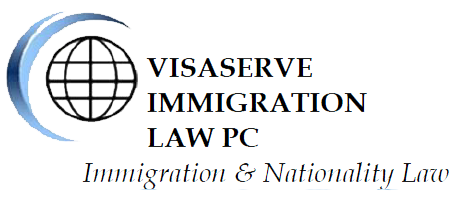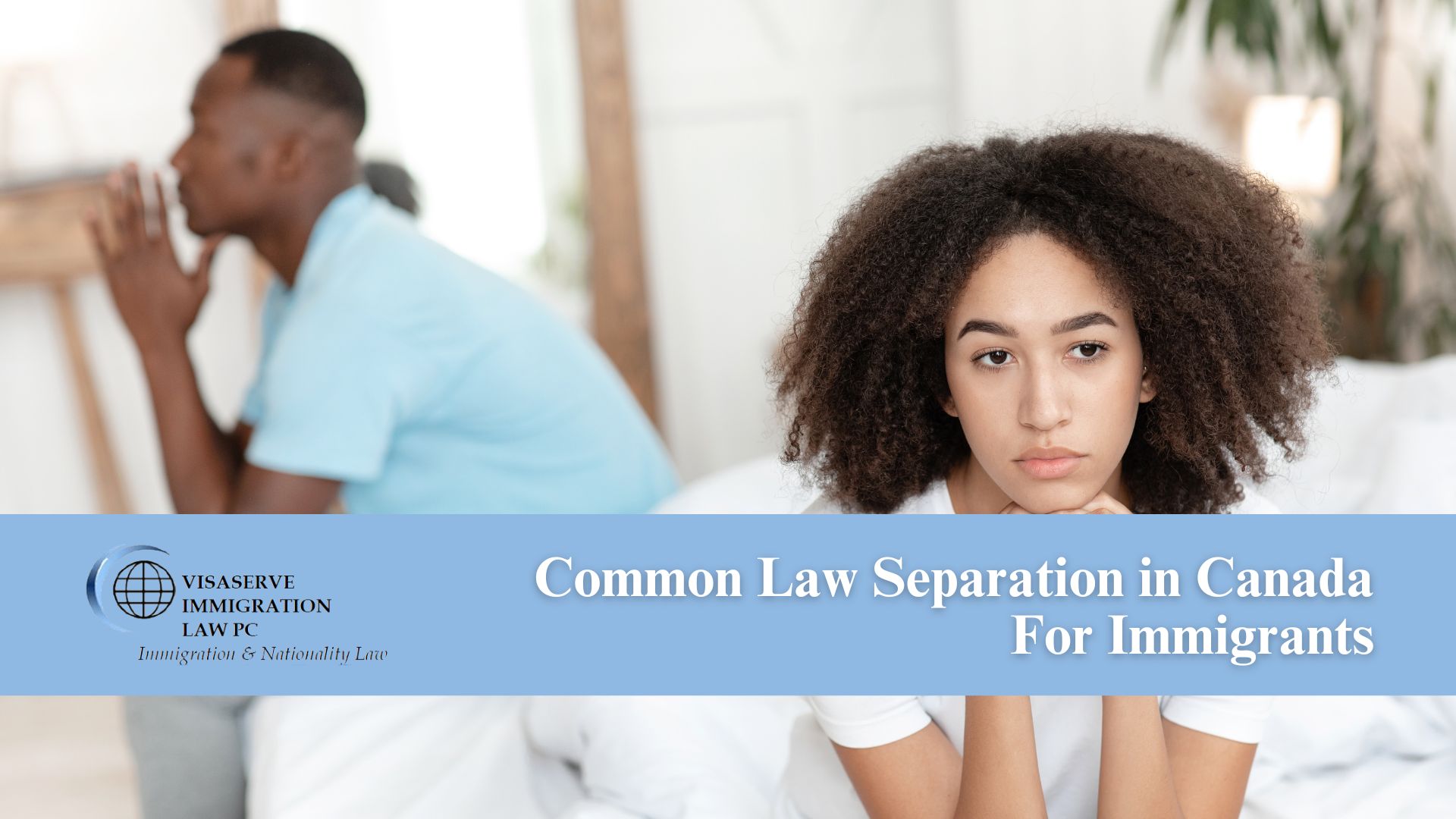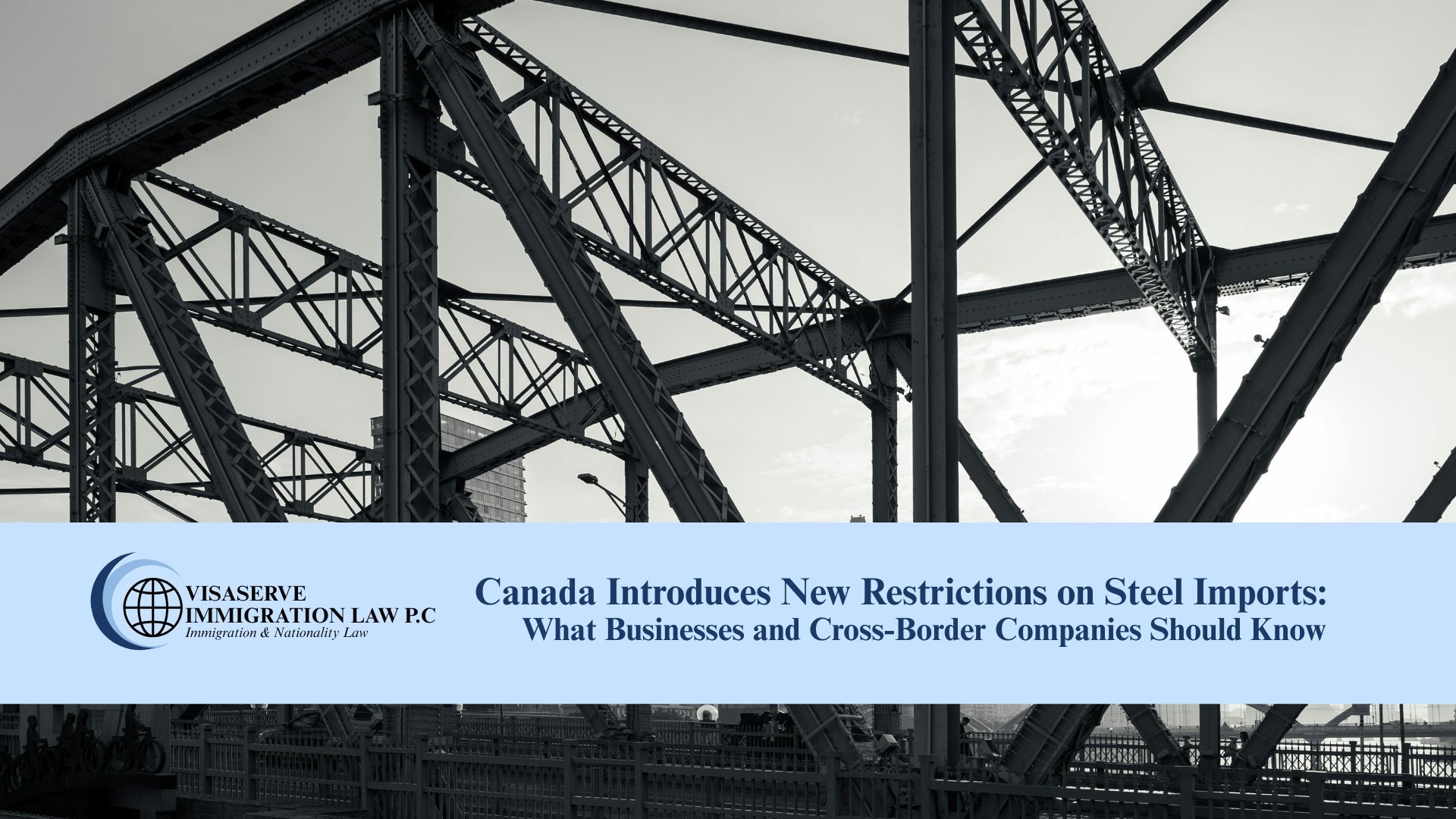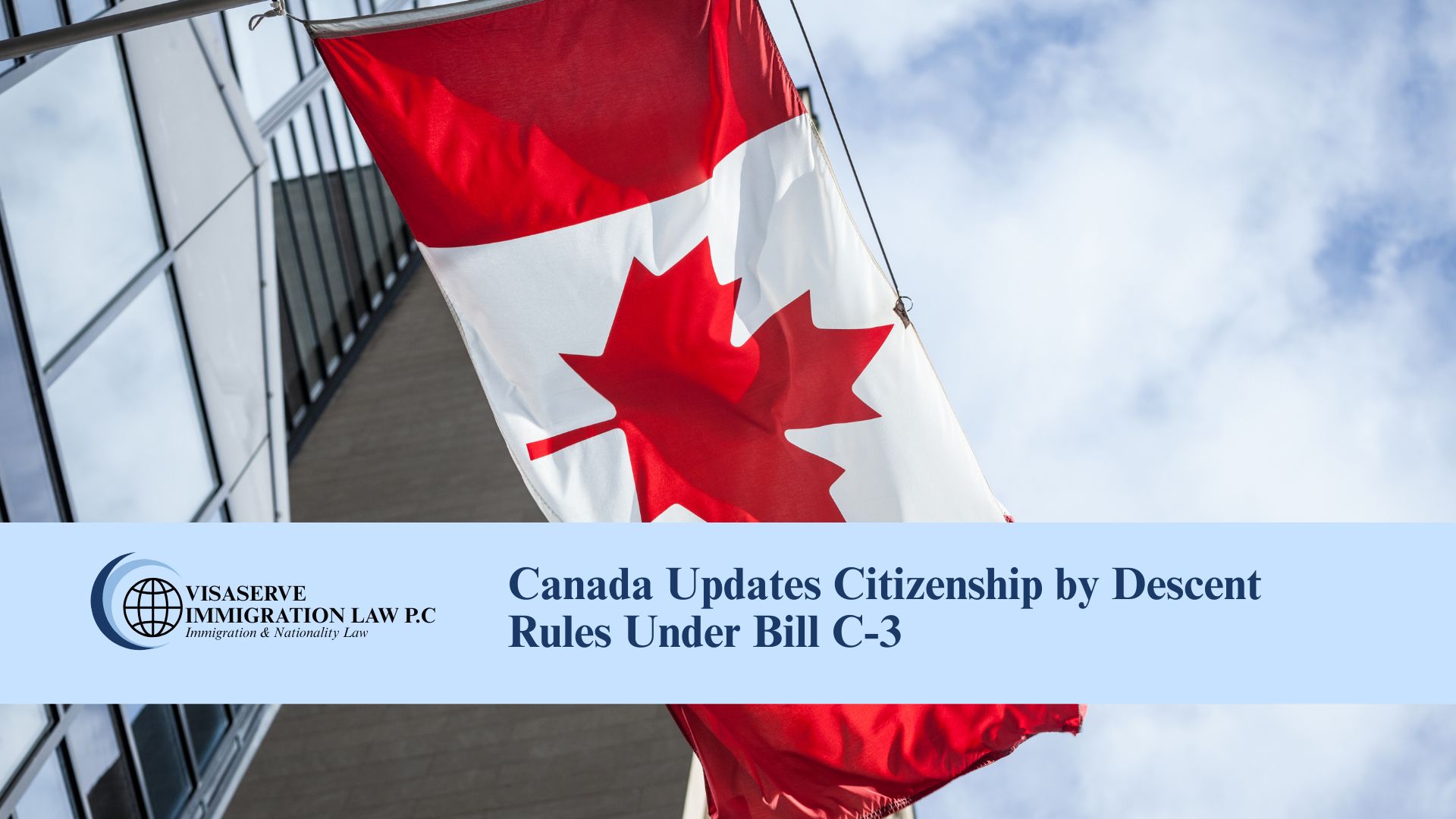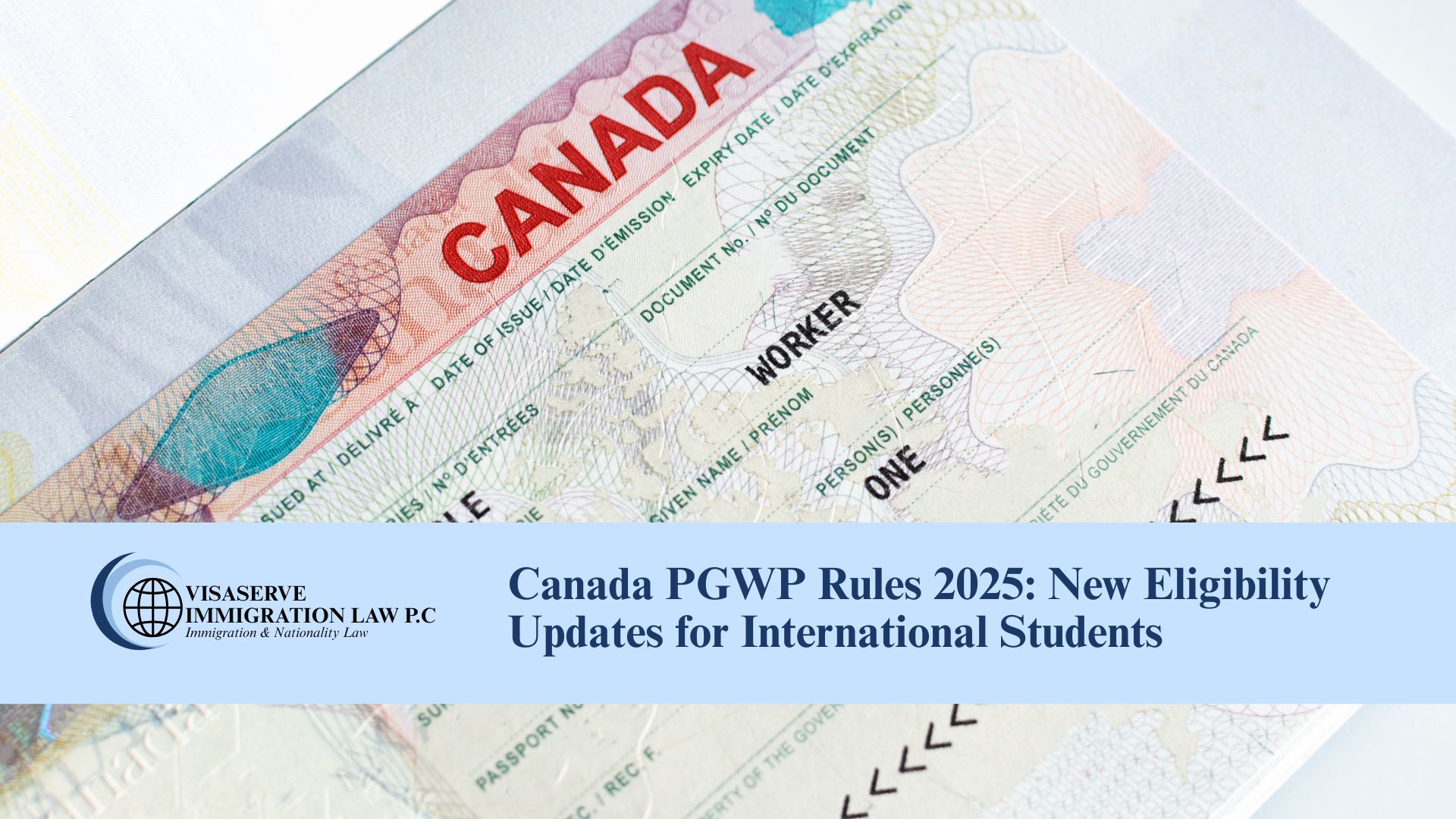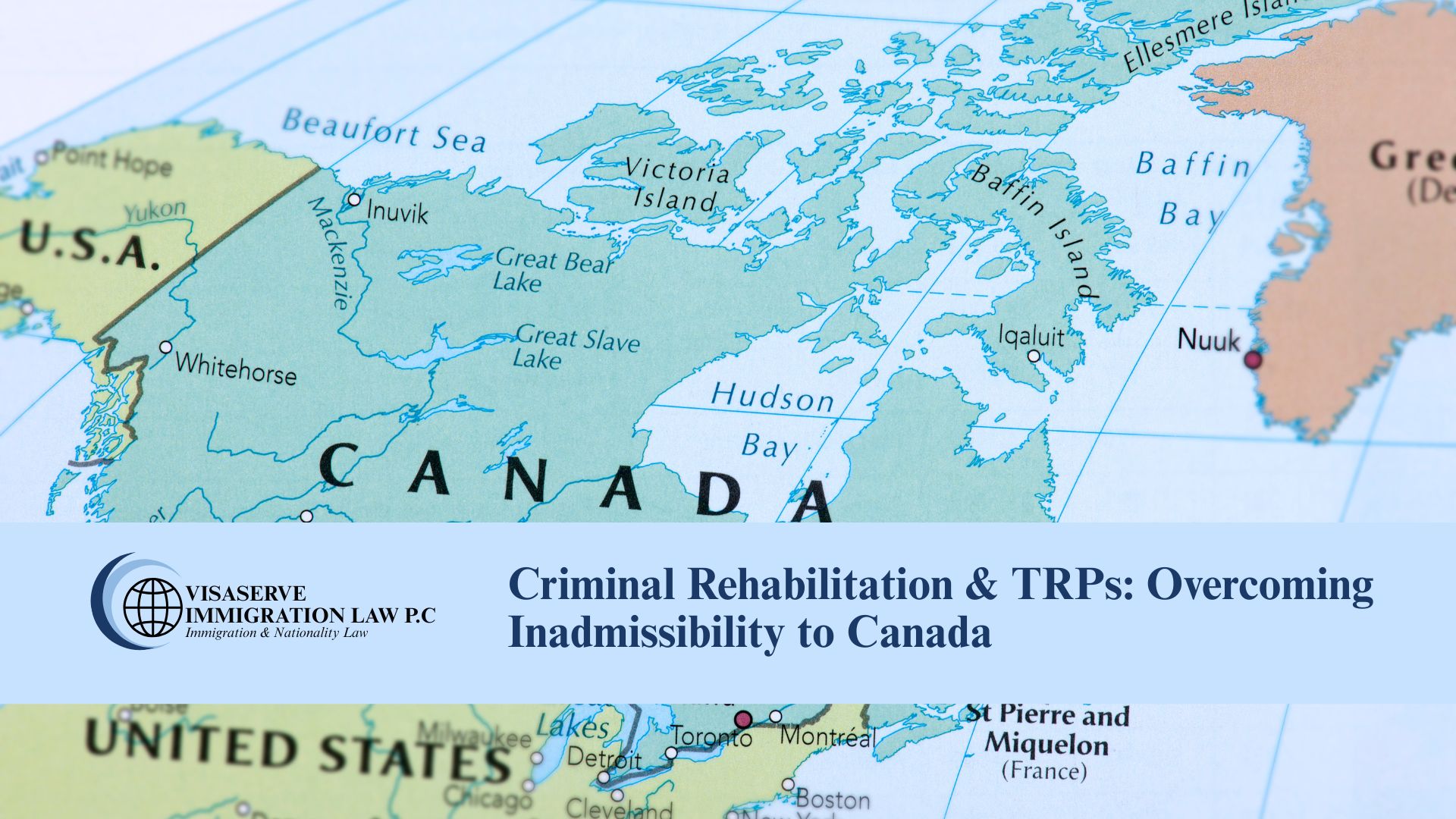For many foreign nationals and visa holders in Canada, entering a common-law relationship can provide a valid pathway to permanent residency through spousal sponsorship. However, questions often arise when these relationships break down—particularly regarding immigration consequences and legal obligations. This article addresses what common law separation means under Canadian immigration law, how it is defined by Immigration, Refugees and Citizenship Canada (IRCC), and what happens to your immigration status after a separation.
What Is a Common-Law Relationship According to IRCC?
IRCC defines a common-law partner as someone who:
-
Is not legally married to you
-
Is at least 18 years old
-
Has cohabited with you continuously for at least 12 months
To qualify as a common-law relationship, both partners must have lived together for one year without any prolonged separations. Temporary absences—such as work travel or family obligations—do not disrupt the continuity of the relationship.
You will be required to provide documentary proof of cohabitation and shared responsibilities when applying for sponsorship, including joint leases, utility bills, and declarations from friends or family.
When Does a Common Law Relationship End?
According to IRCC, a common-law relationship is considered ended when at least one partner decides to end the relationship. There is no requirement to formally notify the government, but changes in your living arrangements or financial interdependence may come under scrutiny, especially if your immigration status is still being processed.
What Happens to My Immigration Status After Separation?
If you already received your Confirmation of Permanent Residence (COPR) before the breakdown of your common-law relationship, your immigration status in Canada is generally not affected. You are not required to remain in the relationship after becoming a permanent resident.
However, if your permanent residency was obtained through a spousal or common-law sponsorship:
-
Your sponsor remains legally obligated to support you financially for three years from the date you become a permanent resident, regardless of the relationship ending.
-
You are not at risk of losing your permanent residency unless IRCC finds that you misrepresented your relationship in the original application.
Misrepresentation and Its Consequences
If a sponsored applicant or their sponsor provided false information—such as exaggerating the length or nature of the relationship—this may constitute misrepresentation, a serious violation under the Immigration and Refugee Protection Act (IRPA). Consequences can include:
-
Loss of permanent resident status
-
Inadmissibility to Canada for five years
-
Potential removal from Canada
Key Takeaways
-
Common law separation does not revoke permanent residency if PR was granted before the breakup.
-
Your sponsor is still financially responsible for you for three years post-landing.
-
Misrepresentation during the sponsorship process can lead to loss of status and removal proceedings.
-
Accurate documentation and honest disclosure are essential during spousal or common-law sponsorship applications.
If you’re dealing with a common law separation and have questions about your status or obligations under Canadian immigration law, consult with a qualified immigration lawyer. At Visaserve Immigration Law P.C., we assist clients through complex sponsorship and status-related issues with professionalism and discretion.
